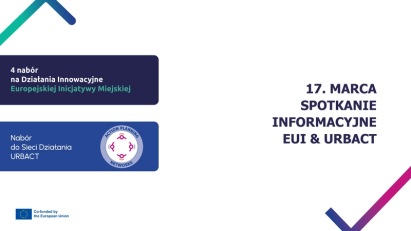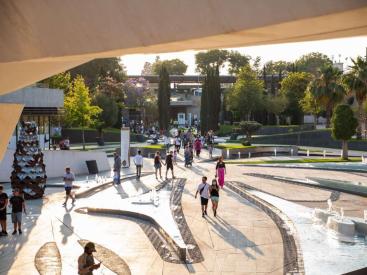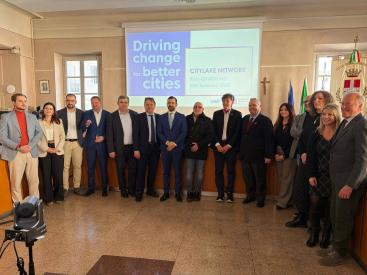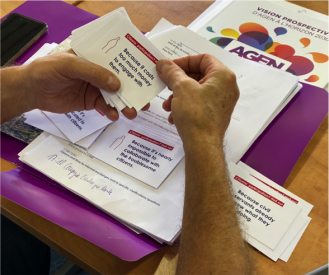10/10/2016 02/06/2019
Socioeconomic disparities and other forms of inequalities are a major issue in European cities which are threatened by social polarisation increase. Poverty does not only create social differences between people and groups; it also leads to spatial differences. URBinclusion implementation network focused on the co-creation of new solutions to reduce poverty in deprived urban areas, focusing on some key challenges to be tackled when going from the strategic to the implementation dimension: integrated approach and inter-departmental coordination, involvement of local stakeholders, monitoring and evaluation and financial innovation. Partners cities interchange showed that this requires integrated, cyclical and monitored processes made of recursive actions and feedbacks that produces stable conditions of engagement for continuous improvement.
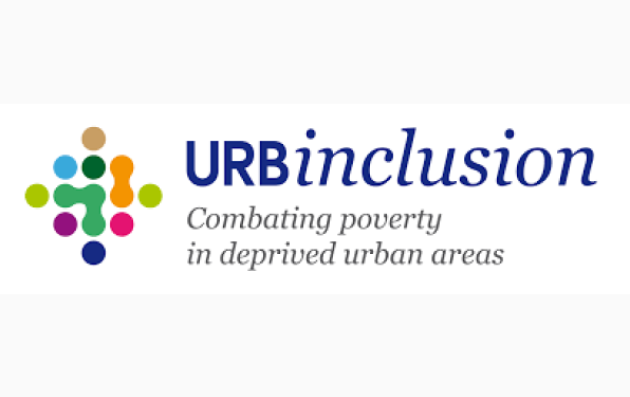
Summary
Partners
Lead Partner : Barcelona - Spain- Copenhagen - Denmark
- Glasgow
- Krakow - Poland
- Lyon - France
- Naples - Italy
- Timisoara - Romania
- Trikala - Greece
- Turin - Italy
Timeline
Kick-off meeting at Paris URBACT secretariat (Phase I)
Transnational Meeting in February (Barcelona), Project Phase I closure, Project Phase II launch, Transnational Meeting in September (Copenhagen - Kick-off meeting Phase II)
Thematic Seminar in January (Lyon), June (Glasgow), December (Naples), Transnational Meeting in April (Krakow), October (Turin), URBinclusion partners Implementation Plans
Thematic Seminar in February (Trikala), Transnational Meeting and Final Conference “Networking for social inclusion in Europe” in March (Barcelona), URBinclusion Manifesto, partners Operational Implementation Frameworks (OIF), Partners Solution Stories
Network Outputs
-
urbinclusion_manifesto.pdf(PDF, 905Ko)
-
presentation_of_the_urbinclusion_manifesto.pdf(PDF, 501Ko)
-
urbinclusion_hints_and_tips.pdf(PDF, 296Ko)
-
urbinclusion_solution_stories_0.pdf(PDF, 4Mo)
Operational Implementation Framework
-
oif_barcelona_final.pdf(PDF, 2Mo)
-
oif_lyon_metropole_final.pdf(PDF, 2Mo)
-
oif_glasgow_final.pdf(PDF, 626Ko)
-
oif_krakow_june_2019.pdf(PDF, 2Mo)
-
oif_trikala_final.pdf(PDF, 1Mo)
-
oif_naples_final_0.pdf(PDF, 1Mo)
-
oif_torino_final_0.pdf(PDF, 3Mo)

